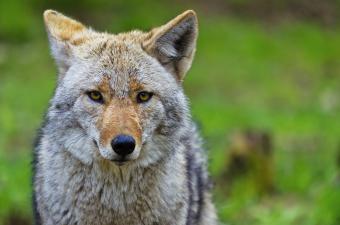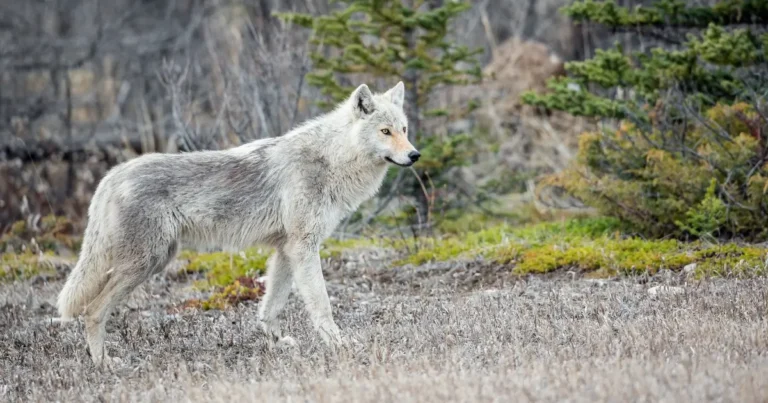
The Associated Press spoke with wildlife researchers, workers and policymakers in an article exploring some of the conflict as well as the possible causes.
"Just the sheer fact you see animals around you doesn't mean it's a true drought relationship," Jason Holley, a state wildlife biologist, told the AP. "Most large animals are drought-adapted in California. They've gone through this stuff before, and they'll find resources they need."
Another scientist, Dick Cameron, noted that “you have a longer-term trend exacerbated by this acute change in water availability.”
And Fraser Schilling of the Road Ecology Center, who has studied roadkill statistics over the last several years, said that animals are likely changing their behaviour in the ongoing search for food.
"There are so many stresses on wildlife populations from things that are our responsibility that when drought comes along, it really slams them up against the ropes," he told the AP.
There are a lot of things we can do to help the animals in times of drought – or even on regular days when the weather is within normal ranges. It starts with not feeding the animals – as hungry as they may seem, we aren’t helping them in the long-term. When non-natural foods are given inappropriately, it can alter the behaviour of animals and entire ecosystems; it can also lead to serious illnesses in some animals (for example, geese and ducks can be become lethally ill if fed bread). But leaving out water can be a safe way to help, as well as planting native plants to help smaller species thrive.
Working with your municipality, SPCA or wildlife rehabilitators to develop non-lethal wildlife conflict solutions can also be a tremendous assistance to animals. From coyote hazing teams to cleanups of parks or ravines, there are a lot of ways volunteering can make a difference.
The animals have learned to live with us, isn’t it fair that we learn to live with them?
Work like our growing Living With Wildlife campaign is only possible with the support of monthly donors. Please consider become a monthly donor – for as little as $5 a month – and help us create a Canada that is truly humane.

